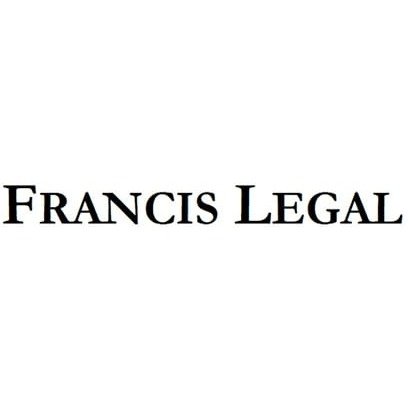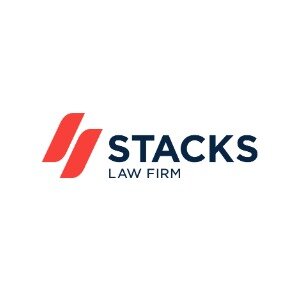Best Housing, Construction & Development Lawyers in Hornsby
Share your needs with us, get contacted by law firms.
Free. Takes 2 min.
Free Guide to Hiring a Real Estate Lawyer
List of the best lawyers in Hornsby, Australia
About Housing, Construction & Development Law in Hornsby, Australia
The regulation of Housing, Construction and Development within Hornsby, Australia, is governed by a mix of local councils, state, and federal laws. These rules cover a wide spectrum of areas including property purchase, zoning laws, building codes, construction and project approvals, property disputes and health and safety standards. The specific legal aspect of these sectors is quite complex often requiring the expertise of experienced professionals.
Why You May Need a Lawyer
Engaging a lawyer can be beneficial in various situations related to housing, construction, and development. You may require legal advice when purchasing property, interpreting zoning or building codes, securing project approvals, or resolving property disputes. Lawyers can also help in understanding the implications of contractual agreements or defending yourself if you are subjected to a legal claim. Getting professional legal assistance ensures your rights are well represented and protected.
Local Laws Overview
Hornsby's local council has specific laws pertaining to housing, construction, and development. One critical aspect is the Development Application (DA) process, which mandates seeking approvals for new developments or major renovations. The Building Code of Australia should also be adhered to, specifying the minimum requirements for safety, health, amenity and accessibility for new buildings. Local zoning laws determine how land can be utilised, which can also affect housing development projects. Residential tenancy laws come into effect when dealing with disputes between landlords and tenants.
Frequently Asked Questions
1) Do I always need a DA for building a house?
No, not all building work requires a DA. It depends on the scope of the work. However, it's always advisable to confirm this with the local council or a legal professional.
2) How long does the DA process take?
The length of the process can vary but expect about 70 days on average, taking into account the need for assessment and potential need for additional information.
3) How can one resolve a dispute with a building contractor?
Disputes are typically resolved by negotiation or mediation. If these fail, you may need to take the matter to court or to the NSW Civil and Administrative Tribunal for a resolution.
4) What if my property is affected by a change in zoning laws?
Changes in zoning laws can affect your property's value and use. If this happens, it's best to seek legal advice to understand available options.
5) What protections do I have as a tenant?
The Residential Tenancies Act 2010 provides a range of protections for tenants, which include restrictions on rent increases and provisions for quiet enjoyment of the premises.
Additional Resources
For further information, you can engage with platforms like the Hornsby Shire Council's website that offers detailed resources on local regulations. The NSW Department of Planning, Industry and Environment can provide state level guidance, and for federal matters, you can rely on the Australian Building Codes Board. Legal Aid NSW provides assistance for those who cannot afford a lawyer.
Next Steps
If you require legal assistance in Housing, Construction & Development, begin by identifying lawyers who specialize in this area. Prepare all relevant documentation and be open to describe your situation fully during consultations to get the best advice. Understand your rights, potential obligations and how the law applies to your specific scenario.
Lawzana helps you find the best lawyers and law firms in Hornsby through a curated and pre-screened list of qualified legal professionals. Our platform offers rankings and detailed profiles of attorneys and law firms, allowing you to compare based on practice areas, including Housing, Construction & Development, experience, and client feedback.
Each profile includes a description of the firm's areas of practice, client reviews, team members and partners, year of establishment, spoken languages, office locations, contact information, social media presence, and any published articles or resources. Most firms on our platform speak English and are experienced in both local and international legal matters.
Get a quote from top-rated law firms in Hornsby, Australia — quickly, securely, and without unnecessary hassle.
Disclaimer:
The information provided on this page is for general informational purposes only and does not constitute legal advice. While we strive to ensure the accuracy and relevance of the content, legal information may change over time, and interpretations of the law can vary. You should always consult with a qualified legal professional for advice specific to your situation.
We disclaim all liability for actions taken or not taken based on the content of this page. If you believe any information is incorrect or outdated, please contact us, and we will review and update it where appropriate.











